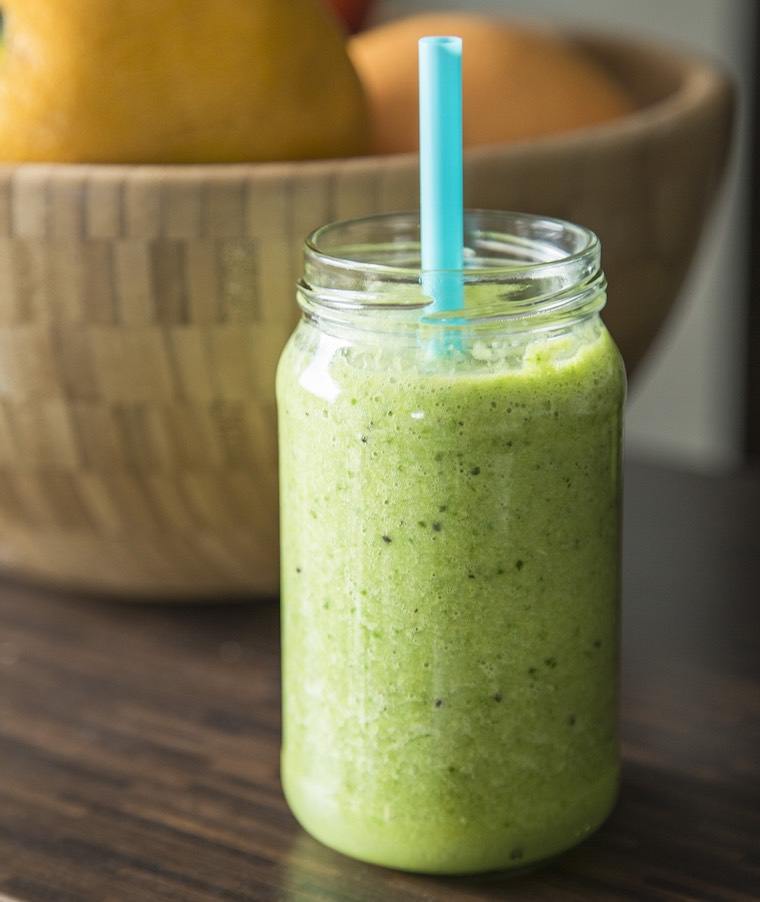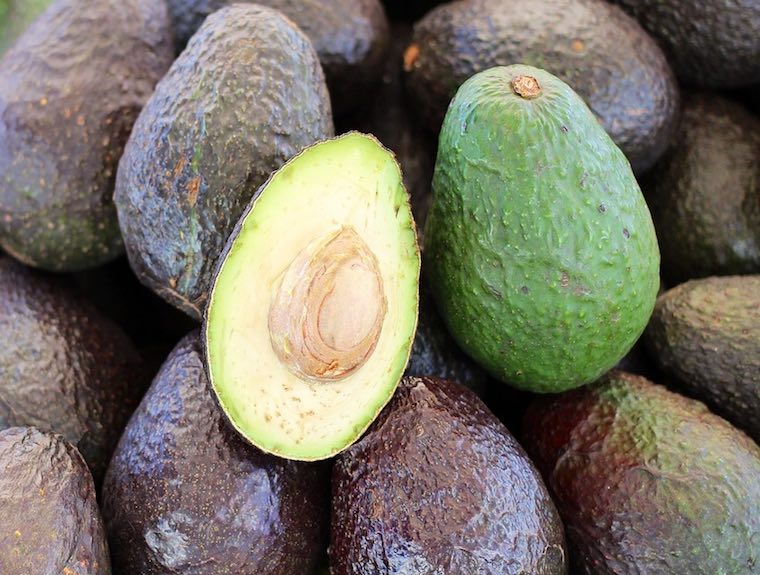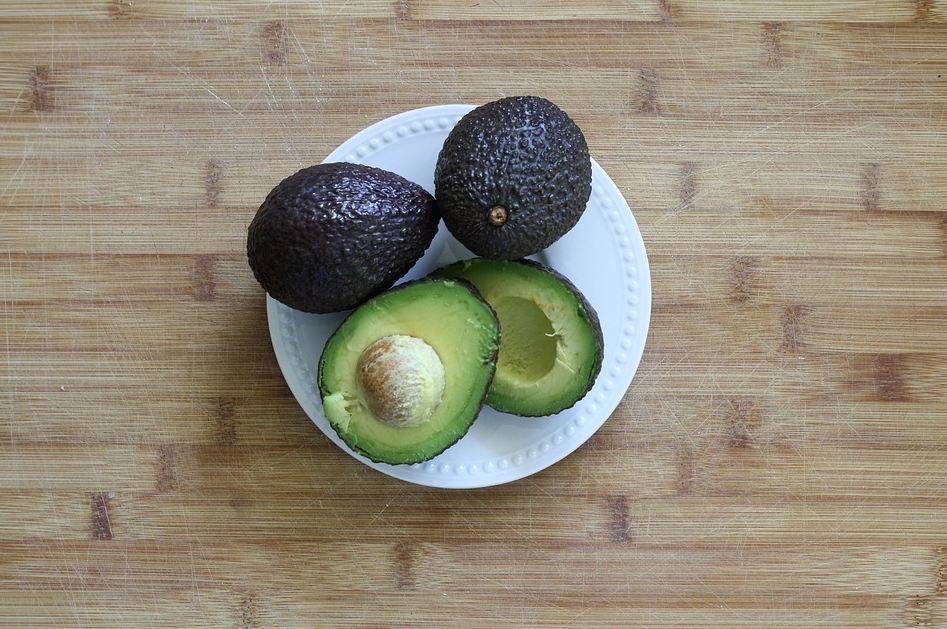The video racked up over 28 million views and more than 126,000 comments. Avocado lovers were split: Some were totally into the idea of making use of the whole fruit. Others were skeptical, concerned the seeds are actually toxic. The California Avocado Commission even issued an official statement saying that despite research looking at avocado seed extracts, the group couldn't recommend eating the whole seed until the potential benefits and risks are better understood.
So which is it? A goldmine of nutrients—or a potential danger? We get to the bottom of the great avocado-seed debate once and for all.

Why proponents dig 'em
Vegalicious blogger Elena Wilkins has been eating avocado seeds since 2013, grinding them up and putting them in her smoothies. "I hate wasting food," says Wilkins, who sticks to a plant-based diet. "One day I was cutting open an avocado, thinking about how much I was going to enjoy it. Imagine my disappointment when I cut it open and saw that most of the avocado was its pit. I was ticked! But that was my 'aha' moment." Wilkins did some research and came across some claims from The Raw Family's Victoria Boutenko that she found pretty darn compelling: Avocado seeds are high in antioxidants and can help with GI problems.

{{post.sponsorText}}
She's certainly not eating them for their awesome flavor. "It's not very specific," says Wilkins of the taste. "It's neither bad or good. With a tiny hint of bitterness, it's quite neutral."
Which means it's all about the potential nutrition benefits. And despite the recent debate, Wilkins says she hasn't renounced her avocado seed-loving ways. "I believe in following the evidence," she says. "While there is not much research on the avocado pit, I did not find much against consuming it. And with lack of evidence, I don't easily sway to popular opinion."

What the science says
Unfortunately, there have been very few robust studies on the nutritional value of avocado seeds. One, published in the journal Antioxidants, found the seeds are very high in—you guessed it!—antioxidants. Another, conducted at Penn State, suggests that eating avocado seeds can help with hypertension and diabetes. But the avocado seeds they tested also had insect, fungal, and microbial activities. Which, ick.
Joshua Lambert, Ph.D, an associate professor at Penn State's Department of Food Science and one of the lead researchers on the study, elaborated on the mixed findings, explaining that avocado seeds are rich in several compounds with potential beneficial health effects. "Studies done [on lab animals] suggest that consumption of avocado seed extracts or topical application of avocado seed oil may be beneficial in reducing blood pressure and cholesterol, improving markers of diabetes, and improving markers of skin health," he says.
Lambert wasn't scared off by the microbial activities his study revealed, but he does advise proceeding with caution when it comes to this food trend. There just haven't been enough studies, and no long-term research done in humans. "There is, therefore, no clear recommended dose and consumers should use caution."

The bottom line
Avocado seeds look like they're probably okay to consume, at least in the short-term, and they do appear to have nutritional benefits. But data on long-term safety simply isn't there yet, and there are a lot of antioxidant-rich foods that are totally safe. Basically, proceed at your own risk.
Originally posted July 14, 2016. Updated June 29, 2018.
Some smoothie ingredients don't need debating, like these eight surprising superfoods that will keep your gut happy. But you might not want to mix fruit and protein. Here's why.
Loading More Posts...